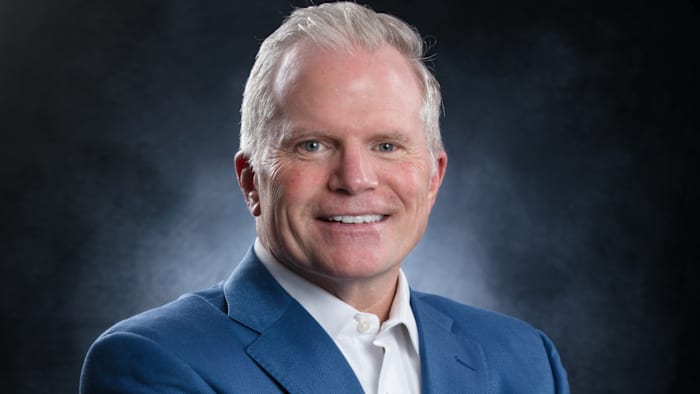Former Michigan AG Mike Cox Enters 2026 Governor Race

Republican plans to eliminate state income tax if elected
Former Michigan Attorney General Mike Cox has officially announced his candidacy for Michigan governor in the upcoming 2026 election. Cox, who served as the state's attorney general from 2003 to 2011, was the first Republican to hold that position in approximately five decades according to his campaign. His background includes service in the United States Marine Corps and experience as a veteran homicide prosecutor.
Cox's campaign platform focuses on several key policy proposals, including the elimination of state income tax, which he refers to as a "tax on work." He also plans to restore Right to Work legislation, end diversity, equity and inclusion (DEI) mandates in government and schools, refocus education on core skills and accountability, and reduce government spending through a proposed Department of Government Efficiency. His announcement included criticism of current Democratic Governor Gretchen Whitmer's administration.
KEY POINTS
- •Cox served as Michigan AG 2003-2011
- •Promises to eliminate state income tax
- •Whitmer term-limited for 2026 race
The 2026 Michigan gubernatorial race is already taking shape with multiple candidates declaring their intentions to run. Three Democrats, three Republicans, and one Independent candidate have announced their campaigns for the position. Governor Whitmer, who has reached her term limits, is ineligible to run for reelection, creating an open race for the state's highest office.
Michigan's gubernatorial contest represents one of several key state executive races that will occur during the 2026 midterm election cycle. State elections often reflect broader national political trends and can influence policy direction at both the state and federal levels. The outcome of this race will determine Michigan's leadership during a period when states face significant challenges in areas including economic development, education, and public health.
Cox's entry into the race adds an experienced political figure to the Republican primary field. His previous statewide electoral success and policy positions will likely appeal to conservative voters within the state. As the campaign progresses, candidates from both major parties will compete to present their visions for Michigan's future while addressing voter concerns about taxes, regulations, education, and government efficiency.